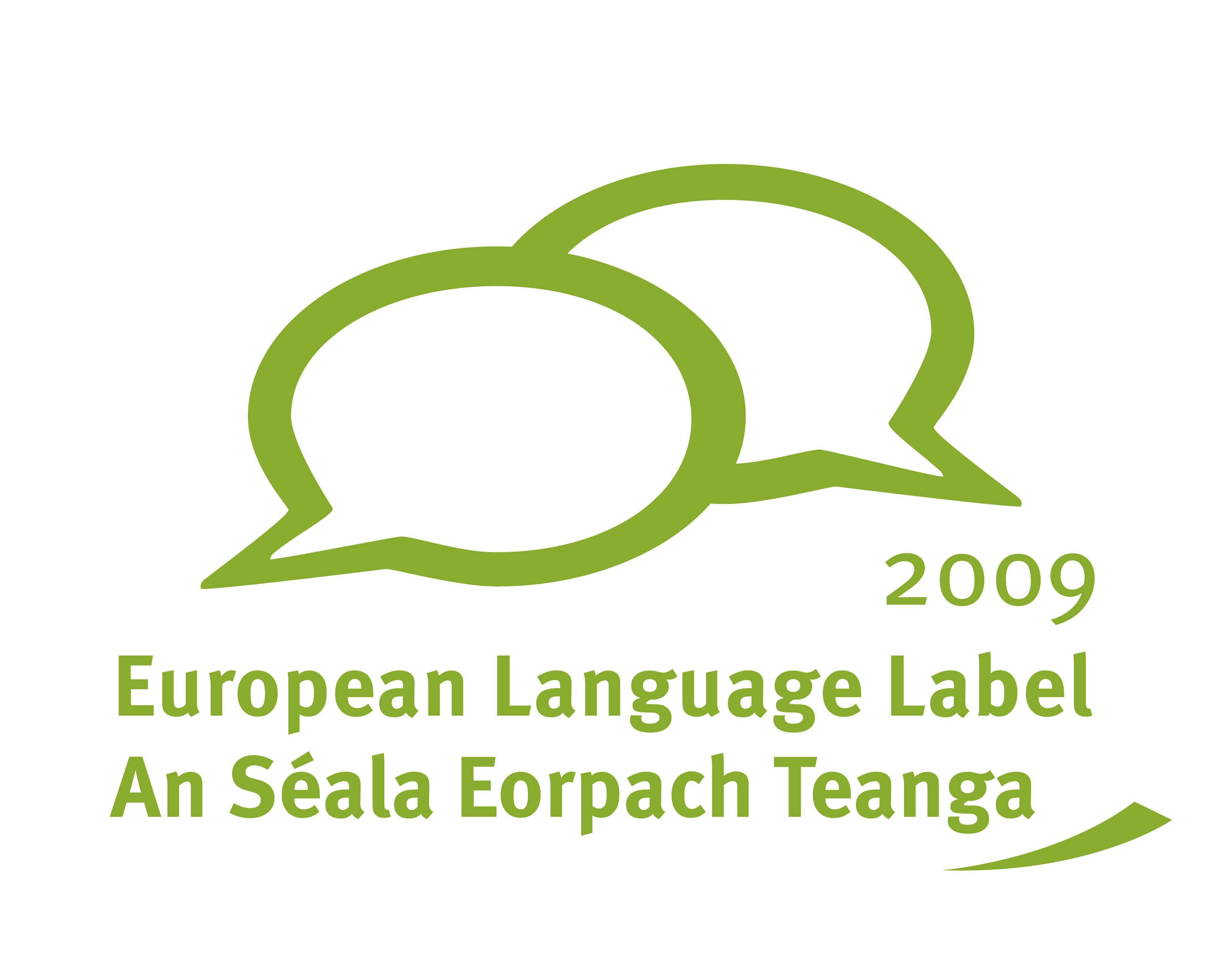 |
| English Language Support Programme » Report |
English Language Support in Irish Post-Primary Schools - Policy, challenges and deficitsThis report presents the results of our survey of current practice. Between June 2007 and September 2008 Zachary Lyons interviewed 85 language support teachers and coordinators in 70 post-primary schools, some of them on more than three occasions. The purpose of the survey was to elicit information on the organization and delivery of English language support and to canvas teachers’ views on the specific challenges that they must respond to and the deficiencies in the system that they must overcome. The survey findings do not make encouraging reading. In many of the schools represented the provision of English language support was poorly coordinated; in some it was downright haphazard. Effective and sustained communication between language support and subject teachers seemed to be a rarity, and in some cases responsibility for the integration of newcomer students fell entirely on the language support teacher. There was a widespread tendency to take a “deficit” view of newcomer students’ lack of proficiency in English and to assume that they belonged in the same category as students with special educational needs. In the view of the teachers surveyed, these inadequacies of provision and understanding were not helped by serious deficiencies in the system. They identified lack of appropriate teacher training, pre- as well as in-service, as the single most significant deficiency, closely followed by a lack of English language teaching materials that take account of the demands of the different curriculum subjects. Only 57% of the teachers surveyed declared themselves happy with the progress their newcomer students were making. The policy response of the Department of Education and Science to the English language needs of newcomer students reflects little knowledge of the realities of language learning. In particular, the DES seems wholly unaware that for the past thirty years international research has distinguished between the basic interpersonal communication skills required for social interaction and the cognitive/academic language processing required in education. Until the DES forges a more flexible policy that takes account of international research findings, large numbers of newcomer students in our post-primary schools will continue to be at serious risk of educational failure.
|

|
||||||||
|
|||||||||

 Click here for a Report into
Click here for a Report into